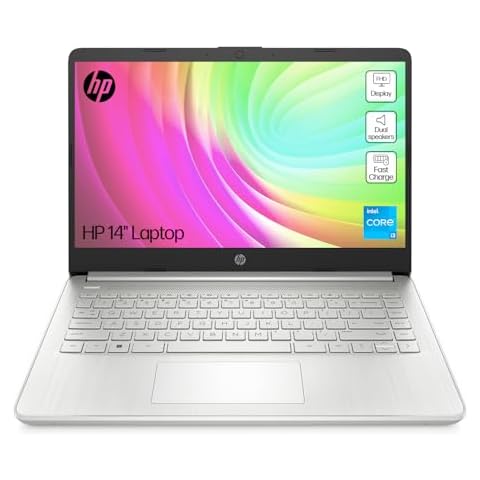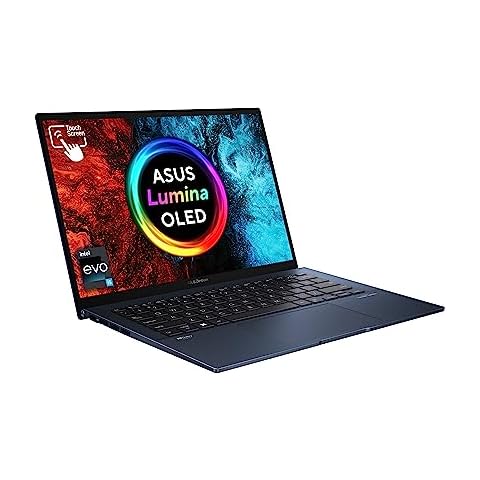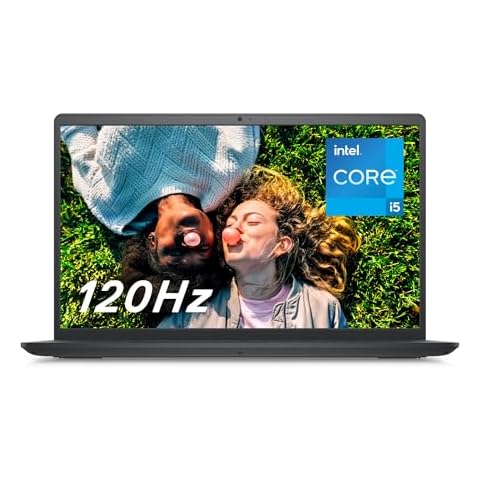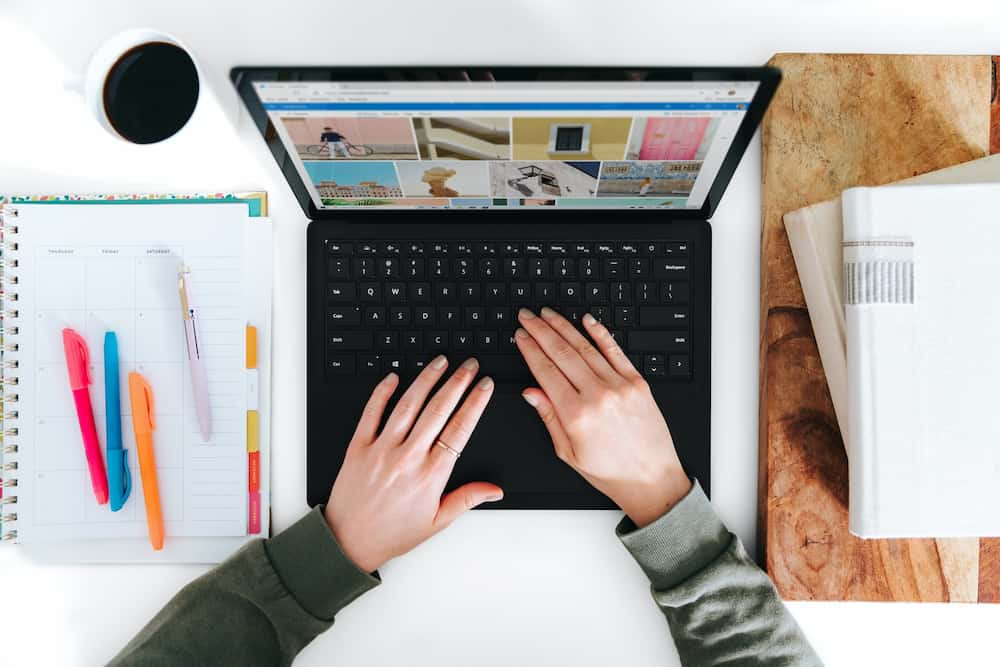Tips for Finding the Best Laptops
Laptops have become an essential piece of technology for many people. Their portability and versatility make them ideal for use both at home and on the go. Whether you use your laptop for work, school, or entertainment, there is no denying of its convenience. But with so many different laptops on the market, it can be hard to know which one is right for you. To help you make a decision, here are a few things to keep in mind when shopping for a laptop.
Operating System
The most popular operating systems include Windows, Mac OS, and Chrome OS. Each has its own unique set of features and benefits that make it ideal for different types of users.
Windows is the most widely used laptop operating system in the world. It is known for its ease of use and comprehensive feature set. Windows laptops are perfect for general users who want a simple, user-friendly interface.
Mac OS is the operating system of choice for creative professionals. It offers a sleek and stylish interface as well as powerful editing and production tools. Mac laptops are ideal for graphic designers, video editors, and other creative professionals who need powerful software to get the job done.
Chrome OS is a relatively new entrant to the laptop operating system market. It is designed around the Google Chrome web browser and provides a fast, lightweight solution for users who primarily use their laptops for web browsing and email. Chrome OS laptops are perfect for students or anyone who wants a cheap, simple laptop that’s easy to use.
Screen Size
The size of a laptop screen is measured diagonally, and the most common sizes are 13, 14, 15, 17, and 11 inches. 13 and 14-inch screens are the most popular because they strike a good balance between portability and usability. 15 and 17-inch screens are larger, so they're better for tasks that require more screen real estate, such as video editing or graphic design. 11-inch screens are the smallest available, and they're typically only used on ultra-portable laptops. When choosing a laptop, it's important to consider what you'll be using it for. If you need a lot of screen space, go for a larger model. If portability is your priority, choose a smaller one. And if you want the best of both worlds, a 13 or 14-inch laptop might be the perfect choice for you.
RAM Size
The amount of RAM can have a big impact on performance. More RAM means that more information can be stored in memory, making it faster and easier to access. As a result, 32 GB of RAM is generally considered to be the sweet spot for most users. This provides plenty of room for demanding applications while still leaving some headroom for future growth. However, 8 GB of RAM is often sufficient for basic use, and 16 GB may be enough for most users who don't do heavy multitasking. Ultimately, the amount of RAM you need depends on how you use your laptop. If you only use it for light tasks such as web browsing and email, 8 GB should be plenty. However, if you regularly edit videos or run multiple programs at once, 32 GB will give you the best experience.
Graphics Processor
If you're looking for a new laptop, one of the things you'll need to consider is the graphics processor. If you're not sure which one to choose, here's a brief overview of each.
Intel HD is the most basic option. It's suitable for basic tasks like web browsing and watching videos. However, it won't be able to handle more demanding tasks like gaming or video editing.
Intel Iris is a step up from Intel HD. It's more powerful and can handle more demanding tasks. However, it's still not as powerful as Nvidia GeForce. And Intel Iris Plus is an improved version of Intel Iris.
Nvidia GeForce is the most powerful option. It can handle any task you throw at it, from gaming to video editing. However, it also uses more power, so your battery life will suffer if you use it for extended periods of time.
Intel UHD is a new option that's becoming available on some laptops. It offers similar performance to Nvidia GeForce but uses less power. This makes it a good choice if you want long battery life without sacrificing performance.
Purpose
Laptops have become an essential tool for many people across different professions. They are portable, which makes them easy to take with you to meetings or on business trips. One of the main functions of a laptop is for workstation purposes. It allows you to have a comfortable space to work on projects, whether you're at home or in the office. Additionally, laptops are perfect for Zoom calls and other video-conferencing software. This is especially important for business students who need to collaborate with classmates and for professionals who need to participate in remote meetings.










